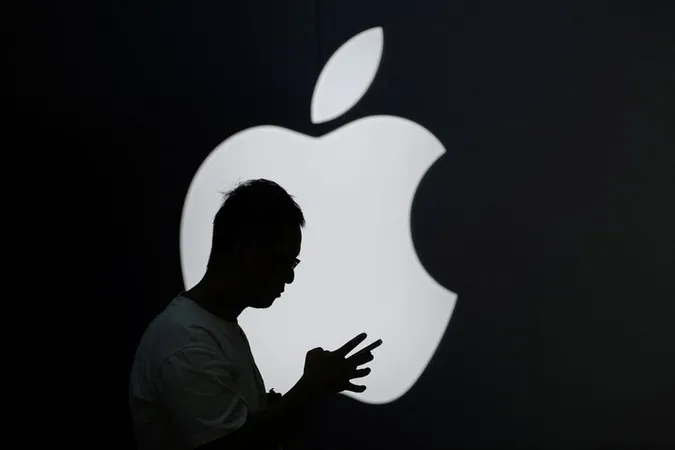
Apple Under Fire: Authors Take Action Over Unauthorized AI Training
2025-09-05
Author: William
In a dramatic legal showdown, tech behemoth Apple is facing a lawsuit from authors who claim the company has unlawfully used their copyrighted works to train its artificial intelligence systems. This case highlights the growing tension surrounding intellectual property rights in the age of AI.
Filed in a Northern California federal court, the proposed class action contends that Apple copied these protected literary works without permission, credit, or any form of compensation. Authors Grady Hendrix and Jennifer Roberson are at the forefront of this lawsuit, arguing that Apple has failed to financially recognize the contributions made by writers in this innovative but controversial field.
This legal battle marks just the latest chapter in a series of lawsuits targeting major tech companies for alleged copyright infringement. In a related event, AI startup Anthropic revealed it settled a class action lawsuit for a whopping $1.5 billion after facing accusations from authors who claimed their books were used to train Anthropic's AI chatbot, Claude, without consent. Although Anthropic did not admit to any wrongdoing, the settlement is being hailed as one of the largest copyright recoveries ever reported.
Earlier in June, Microsoft faced similar allegations as authors accused the tech titan of leveraging their works to train its Megatron AI model. Meta Platforms and OpenAI, which is backed by Microsoft, are also under scrutiny for similar claims regarding the use of copyrighted material for AI training.
The lawsuit against Apple specifically points to the use of a dataset comprised of known pirated books to enhance the capabilities of its "OpenELM" large language models. According to Hendrix and Roberson, their own works are included in this collection of unauthorized content, raising serious questions about the ethics and legality of utilizing such materials in AI development.
As the legal landscape continues to evolve, the outcome of this case could have significant implications not only for Apple but for the entire tech industry as it grapples with the intersection of artificial intelligence and copyright law.
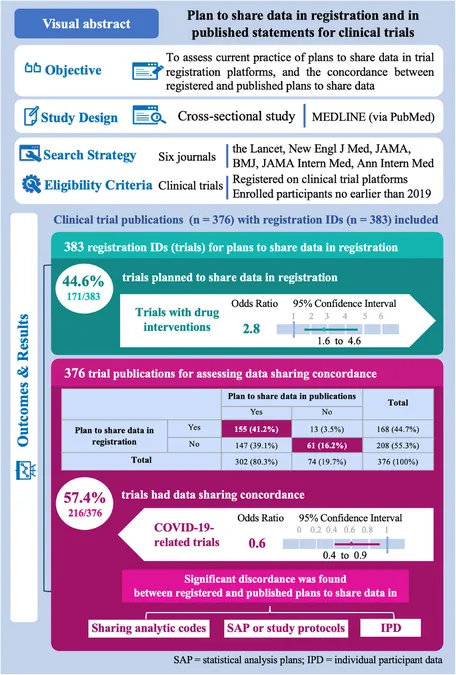




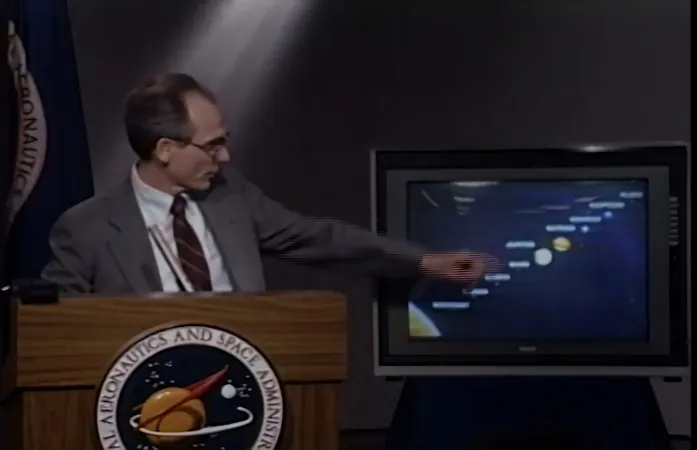

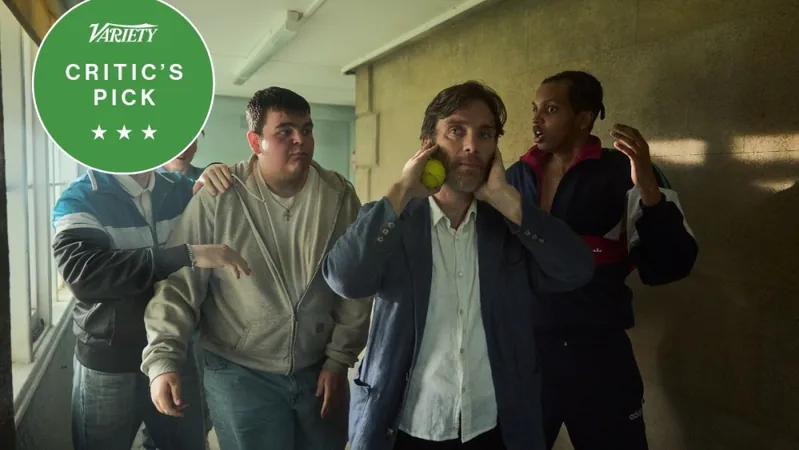
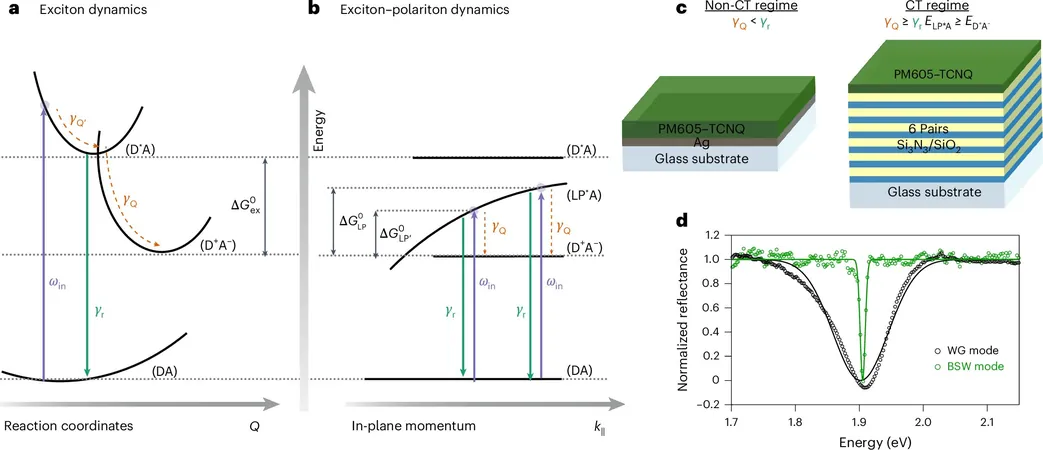
 Brasil (PT)
Brasil (PT)
 Canada (EN)
Canada (EN)
 Chile (ES)
Chile (ES)
 Česko (CS)
Česko (CS)
 대한민국 (KO)
대한민국 (KO)
 España (ES)
España (ES)
 France (FR)
France (FR)
 Hong Kong (EN)
Hong Kong (EN)
 Italia (IT)
Italia (IT)
 日本 (JA)
日本 (JA)
 Magyarország (HU)
Magyarország (HU)
 Norge (NO)
Norge (NO)
 Polska (PL)
Polska (PL)
 Schweiz (DE)
Schweiz (DE)
 Singapore (EN)
Singapore (EN)
 Sverige (SV)
Sverige (SV)
 Suomi (FI)
Suomi (FI)
 Türkiye (TR)
Türkiye (TR)
 الإمارات العربية المتحدة (AR)
الإمارات العربية المتحدة (AR)